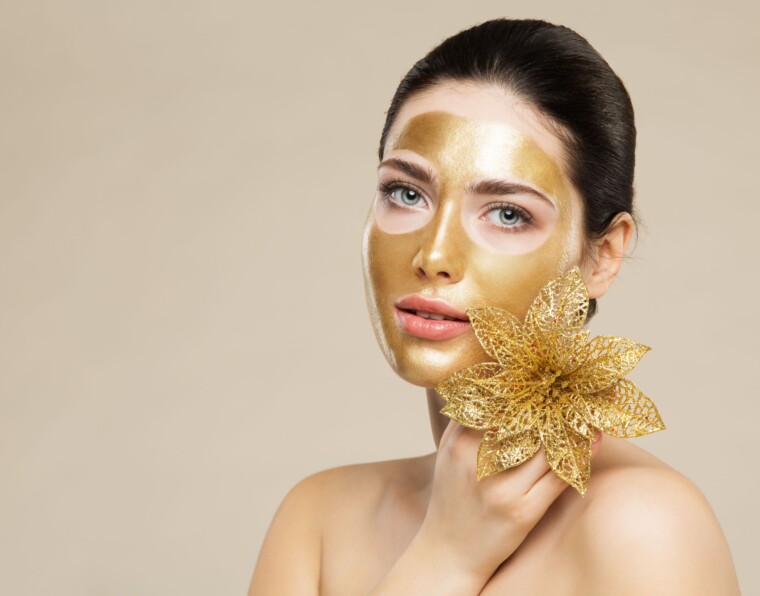It’s important to have a safe skincare for breastfeeding moms. Breastfeeding moms need to be extra careful when choosing skincare products, as the ingredients in these products can be absorbed into the body and transferred to the baby through breast milk. This is why it’s essential to use safe skincare when breastfeeding.
Why Safe Skincare is Important for Breastfeeding Moms
When breastfeeding, it’s important to consider the safety of skincare products. Ingredients in some skincare products can be absorbed into the body and passed onto the baby through breast milk, so it’s important to be aware of what you are using. Not all skincare products are created equal, so it’s important to be selective when choosing skincare products for breastfeeding.
Benefits of Using Safe Skincare for Breastfeeding Moms
Using safe skincare when breastfeeding can provide a number of benefits for both you and your baby. It can help to ensure that no harmful ingredients are passed onto your baby, and it can also help to keep your skin healthy and nourished.
What to Look for When Choosing Safe Skincare
When it comes to choosing safe skincare for breastfeeding, there are a few things to consider. You should look for natural skincare products, certified organic skincare, and avoid products with certain ingredients.
Ingredients to Avoid
When choosing skincare for breastfeeding, it’s important to avoid products with certain ingredients. These include fragrances, artificial colors, parabens, phthalates, and formaldehyde.
Natural Skincare Products
When it comes to selecting safe skincare for breastfeeding, natural products are a great option. Natural skincare products are made from plant-based ingredients and are free from synthetic chemicals. They are gentle on the skin and can provide nourishment and hydration.
Certified Organic Skincare
Certified organic skincare products are another excellent option for breastfeeding moms. These products are made from natural and organic ingredients and are free from synthetic chemicals and additives.
How to Use Safe Skincare When Breastfeeding
When using safe skincare for breastfeeding, there are a few things to keep in mind. You should be mindful of the timing of use, the areas you are applying skincare to, and the application itself.
Timing
When using skincare products while breastfeeding, it’s important to be mindful of the timing. You should wait at least two hours after feeding your baby to apply any skincare products, as this will give time for any ingredients to be absorbed by the body and passed onto the baby.
Application
When applying skincare products while breastfeeding, it’s important to be mindful of the application. You should use gentle, circular motions and avoid rubbing or scrubbing the skin.
Areas to be Careful With
It’s important to be mindful of the areas you are applying skincare to. The skin around the breasts and nipples is especially sensitive, so you should take extra care when applying skincare products to these areas.
Additional Tips for Safe Skincare
When it comes to safe skincare for breastfeeding, there are a few additional tips to keep in mind. It’s important to read the label of any skincare product you are using, talk to your doctor, and ask questions if you have any concerns.
Conclusion
Safe skincare is incredibly important for breastfeeding moms, as the ingredients in skincare products can be absorbed into the body and passed onto the baby through breast milk. When choosing skincare products to use while breastfeeding, it’s important to look for natural products, certified organic products, and avoid products with certain ingredients. Additionally, it’s important to be mindful of the timing of use, the areas you are applying skincare to, and the application itself. Finally, it’s important to read the label, talk to your doctor, and ask questions if you have any concerns.
FAQ
1) Does skincare products get into breastmilk?
Most skincare products applied topically do not penetrate the skin deeply enough to enter the bloodstream in significant amounts, so it is unlikely that they will reach breastmilk. However, some active ingredients might be absorbed into the bloodstream in small amounts. It’s essential to read the labels of skincare products and, if in doubt, consult a healthcare professional before using any products while breastfeeding.
2) Can you use topical retinol on face while breastfeeding?
Topical retinol, a derivative of Vitamin A, is commonly used for treating skin conditions such as acne and fine lines. Although the amount of retinol absorbed by the skin is generally minimal, its use during breastfeeding remains controversial. Some experts recommend avoiding retinol-based products during pregnancy and breastfeeding as a precautionary measure, as excess Vitamin A can potentially harm the baby. It’s always best to consult with a healthcare professional before using any new skincare products during this time.
3) Is niacinamide safe while breastfeeding?
Niacinamide, also known as Vitamin B3, is an ingredient commonly found in skincare products for its brightening, anti-aging, and anti-inflammatory properties. It is considered safe to use during breastfeeding, as the concentration in skincare products is generally too low to cause any harm to the baby. However, as with any skincare product, it’s recommended to patch test before incorporating niacinamide into your routine to ensure you don’t experience any adverse reactions.
4) Does breastfeeding affect the mother’s skin?
Breastfeeding can indeed have an impact on the mother’s skin. Hormonal changes during breastfeeding may cause fluctuations in oil production, leading to acne or increased skin dryness. Additionally, the skin around the nipples may become dry, cracked, or irritated due to frequent nursing. To maintain healthy skin while breastfeeding, it’s important to establish a gentle skincare routine that includes a mild cleanser, moisturizer, and sunscreen. Avoid harsh or fragrant products, as these may cause irritation to sensitive skin. If you experience any persistent or severe skin concerns, consult with a healthcare professional or dermatologist.




